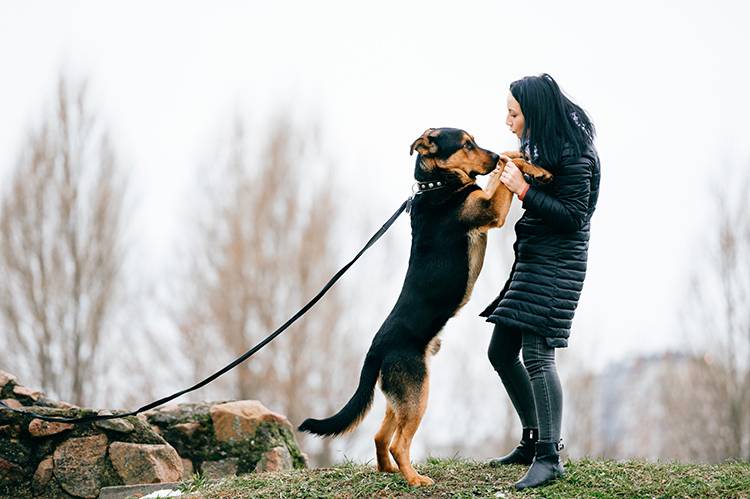When your dog misbehaves—whether it’s barking, chewing, or jumping—your first instinct might be to yell or correct the behavior immediately. But what if ignoring it could actually be more effective? With 58% of dog owners reporting excessive barking as their top behavior concern and 25% of dogs surrendered due to behavior issues, understanding how to respond is crucial.
Fortunately, 85% of owners who use positive reinforcement techniques report improved behavior, and those people who work with professional trainers see an 80% success rate in obedience improvements. I’ll explore whether ignoring bad behavior can work, when it’s appropriate, and how to pair it with proven training strategies for better long-term results.
Frequently Asked Questions (FAQ)
Q1: When is it okay to ignore my dog’s bad behavior?
A: Ignoring can be effective for attention-seeking behaviors like barking or jumping, but it should be combined with positive reinforcement for good behavior to be most successful.
Q2: Can ignoring bad behavior make it worse?
A: Yes, if the behavior is caused by anxiety, fear, or pain, ignoring it can worsen the problem. It’s important to identify the root cause and consult a professional if needed.
Q3: What are better alternatives to ignoring bad behavior?
A: Positive reinforcement, redirecting your dog’s attention, and consistent training are more effective. Professional trainers often recommend rewarding good behavior instead of punishing bad.
Ignoring Your Dog Can Extinguish Bad Behavior
Ignoring a dog is a good thing; it provides choices for the dog. When a person ignores a dog, it provides the perfect situation for the dog to choose if she would like to engage in a greeting. Even more important is ignoring bad dog behavior prevents reinforcement of a behavior. With that said, are you really ignoring your dog?
A Bit About Extinction
Ignoring an undesirable behavior, such as barking or jumping, will decrease and then extinguish a behavior, if done properly. When a behavior is no longer rewarded, the behavior will go away. Think about it this way: If your kitchen faucet suddenly stops pouring out water when knobs are turned, it’s confusing. At first, you turn the knobs on and off quickly, and then try to fix the issue. Then, after a few days, you simply ignore the faucet because it’s no longer rewarding you with water. This behavior is called extinction, and it works!
Barking
Dogs bark for many reasons, and it’s best to ignore the barking behavior while it’s happening. Oh, this is much easier said than done! Every time your dog barks, walk out of the room and ignore your dog. Don’t yell “stop,” walk toward or even look at your dog; simply leave the room. Now, wait for your dog to stop barking, so you can instantly say “yes” and reward your dog. Many dog owners swear their dogs never stop barking, but dogs need to take a breath in between barks, which means they must stop for a second. There’s your chance!
Jumping
Dogs jump up when excited–it’s normal canine behavior. When dogs jump up, it’s best for guests or owners to completely ignore them every time. Ignoring a jumping dog means taking a step away, turning your head away from the dog, crossing your arms and saying nothing every time the dog jumps up. Refrain from pushing, pulling, touching or talking to the dog, as this is all reinforcing her jumping behavior. Now, the moment your dog’s four feet touch the ground, say “yes” and toss food treats on the floor.
When Extinction Doesn’t Work
If an owner rewards the behavior, purposely or accidentally, the undesirable behavior will continue to linger. Even if the owner ignores her dogs 10 times, but screams “no” once, the behavior won’t go away. To truly extinguish a behavior, it must be ignored each and every time.



